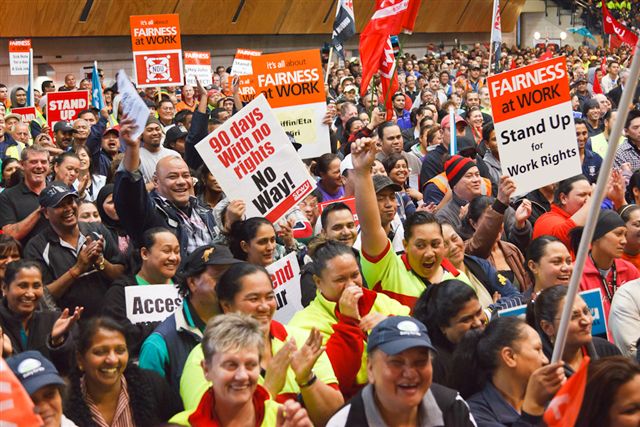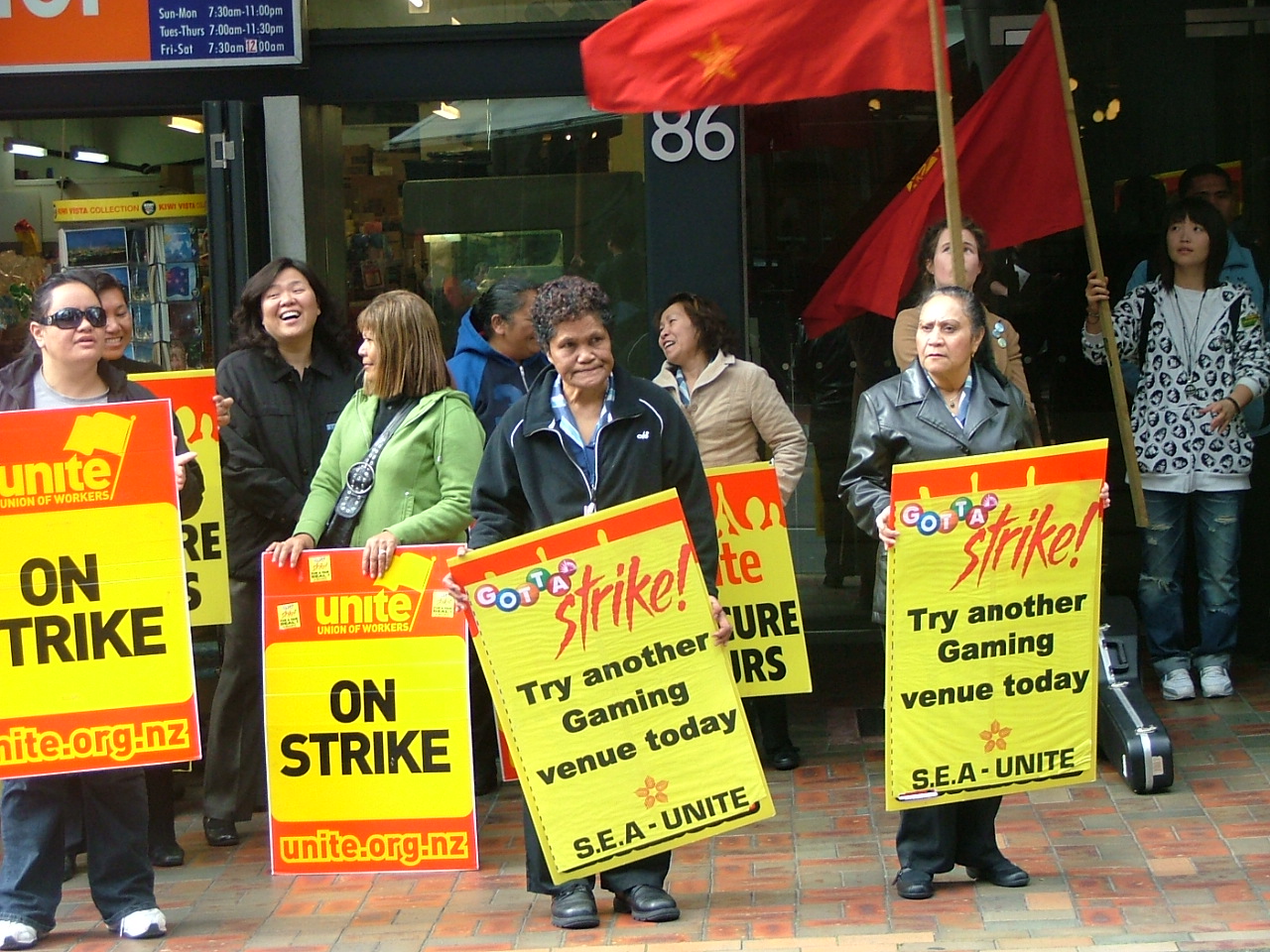All the registered parties got the following email a few weeks ago:
Dear Parties,
I am an 18 year old female. I would really like to be interested in politics, but I don’t know anything about it! I graduated high school 1 year ago, and for a few years political representitives have making sure I am enrolled to vote for the coming election. However no party has ever come forward to us to explain how everything works. I don’t know anyone my age who has a reasonable knowledge about politics. Probably, in the 2011 general election, most of my classmates will be making uninformed desicions about their choice of vote.
I understand that I can read your views on most of your websites but none of this makes any sense to me- there needs to some kind of 101 handbook ‘for dummies’ about what you are offering.
On Facebook, there is a tab on your profile called “Political Views”. All of my friends have things like “boring”, “what?!” or “none” written as theirs. You should be concerned!
Please explain!
Here’s what Jason Froch, a Workers Party member replied to her:
Many thanks,
 I’m actually rather delighted by your e-mail, it’s good to know that I’m not alone. I too have problems trying to make sense of that parliamentary sideshow that consists of bourgeois politics.
I’m actually rather delighted by your e-mail, it’s good to know that I’m not alone. I too have problems trying to make sense of that parliamentary sideshow that consists of bourgeois politics.
In 2008 we had before us:
v An economic system which requires continued and rising levels of unemployment
v State legislation that ensures the continuing fall of real wages derived from work, already down 25% since 1982.
v A predatory war in Afghanistan where New Zealand soldiers assist in the slaughter of civilians, all to assure US military and economic interests
v The continuation of an exploitative relationship with environment which will see a number of pacific islands underwater in the near future and cause massive social costs
v Violence against women who are often unable to leave their abusers because of an inability to support themselves and their children
v The spread of third-world diseases in our communities because of inadequate housing and an inability to afford a doctor visit
v Not to mention disproportionate magnification of all the above if you happen to be born Maori, Pacific Islander, or are an immigrant
And yet this reality did not connect with those politicians whose happy smiles asked to be our representatives once again in 2008 (the only difference between them being marginal differences in the rate of tax cuts—43% of which have gone to the top 12% of taxpayers). Continue reading “What the Workers Party is about”








